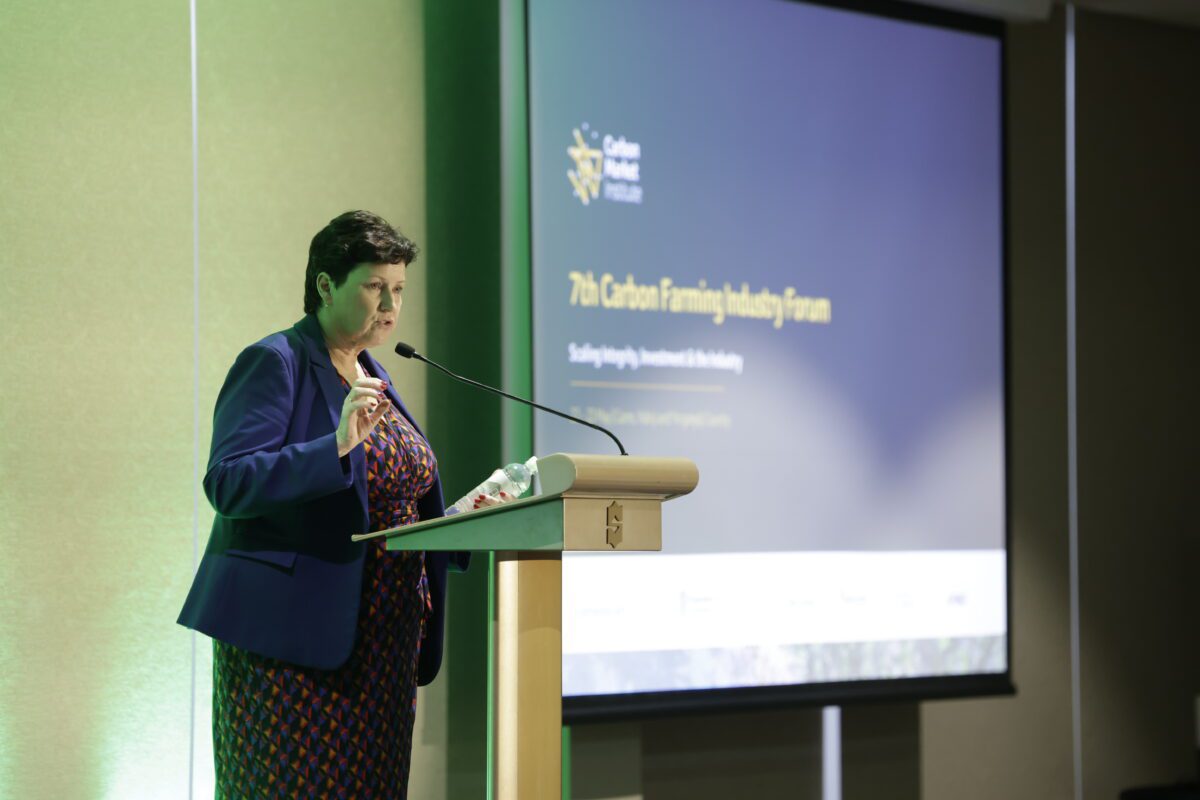The latest Intergovernmental Panel on Climate Change (IPCC) Report is yet another clarion call for urgent action on climate and reversing deforestation, said the Carbon Market Institute (CMI) today. The report highlights increasingly complex, compounding and cascading risks, some of which are playing out in real time in Australia, and maps out important pathways for enabling policy conditions and investment in climate resilient development.
“Australia has policy frameworks and experience that can be boosted to guide much greater investment in decarbonisation and ecosystem stewardship, but they require greater urgency and ambition as well as less arbitrary government red tape,” said John Connor, CMI CEO.
“Australia has lost, and is losing today, lives and livelihoods as well as valuable built and natural infrastructure from climate impacts. This report is yet another clarion call for urgent action on climate and reversing deforestation, as well as the need for strengthening policy enablers, mobilisation of financial resources, monitoring and evaluation as well as inclusive governance and capacity building.”
Containing over seven years’ worth of new peer-reviewed science, the IPCC Working Group II report, Climate Change 2022: Impacts, Adaptation and Vulnerability is the most comprehensive review of climate impacts and the limits of climate adaptation ever completed.
It contains an Australasian spotlight detailing how “extreme events such as heatwaves, droughts, floods, storms and fires have caused deaths and injuries, and affected many households, communities and businesses via impacts on ecosystems, critical infrastructure, essential services, food production, the national economy, valued places and employment.”
The report warns economic impacts are expected to worsen with higher levels of warming, with the costs associated of lost productivity, disaster relief expenditure and unfunded contingent liabilities representing a major risk to financial system stability. This will risk both cities and regions, including “disruption and decline in agricultural production and increased stress in rural communities.”
“Australia has more to lose, but even more to gain than any other developed nation in the transition to a net zero economy, and we must seize that opportunity with credible and urgent climate action that will ultimately increase jobs and boost the economy,” said Connor.
“To do this, we need stronger policies on industrial decarbonisation and reversing deforestation, including a declining baseline as part of the federal government’s Safeguard Mechanism. We also need continued improvement in the crediting and credibility of land based and other forms of carbon reduction and removal to enhance climate resilience.”
A full summary of CMI’s latest policy positions can be found here.
The Carbon Market Institute is the independent industry association for business leading the transition to net zero emissions. Its over 120 members include primary producers, carbon project developers, Indigenous corporations, legal and advisory services, insurers, banks and emission intensive industries developing decarbonisation and offset strategies.
To interview John Connor please contact Thomas Hann on 0408880536 or via email: thomas.hann@carbonmarketinstitute.org



